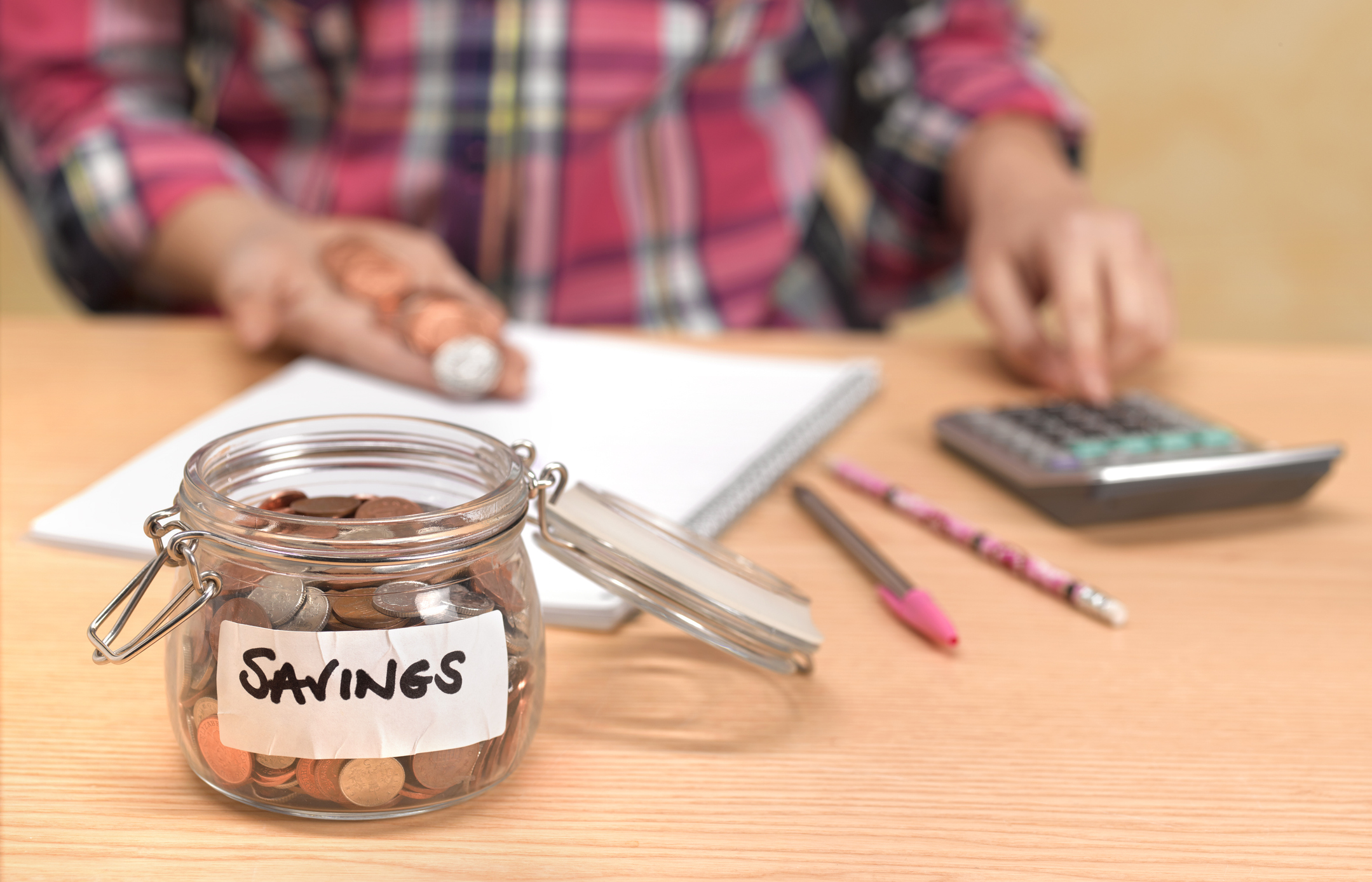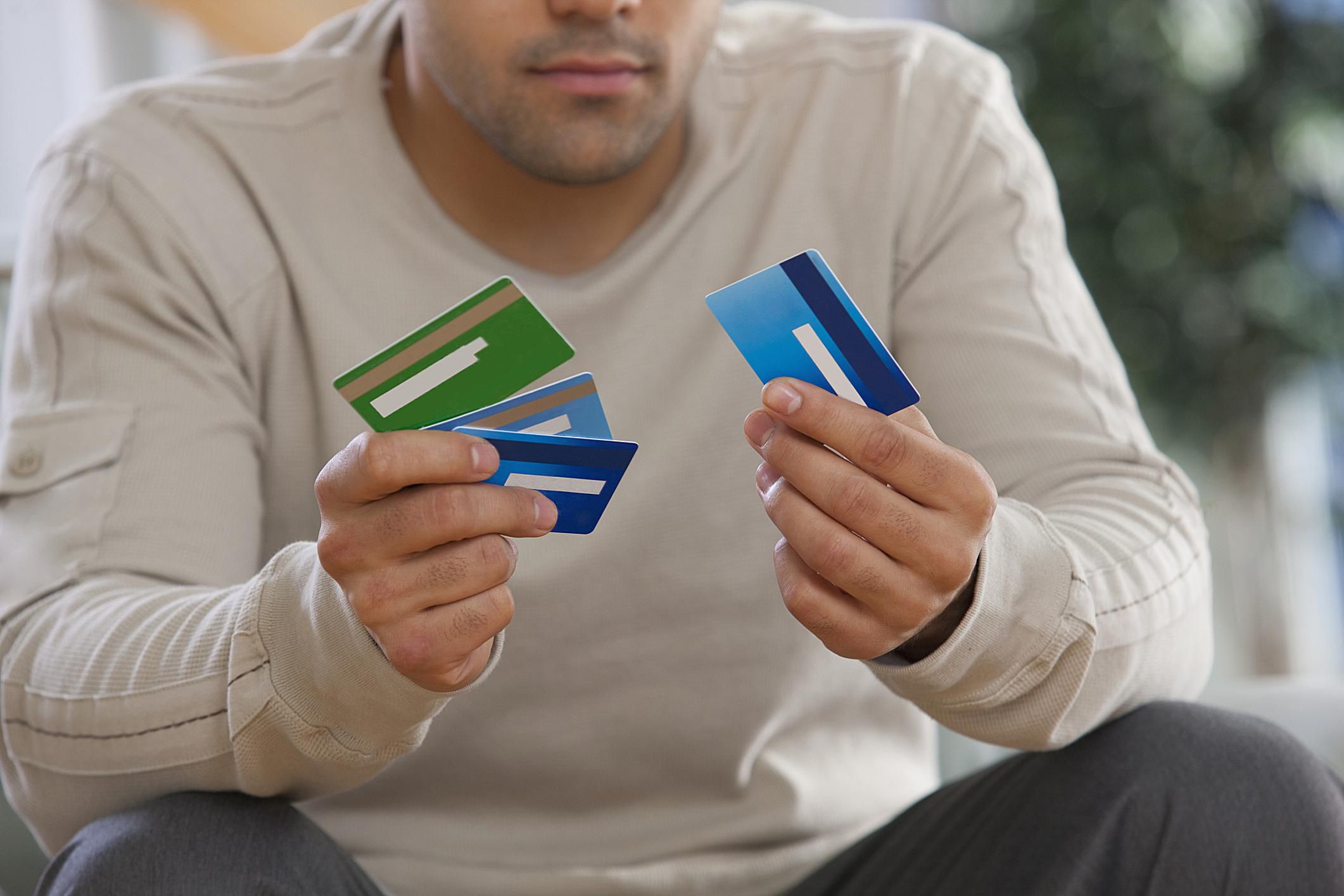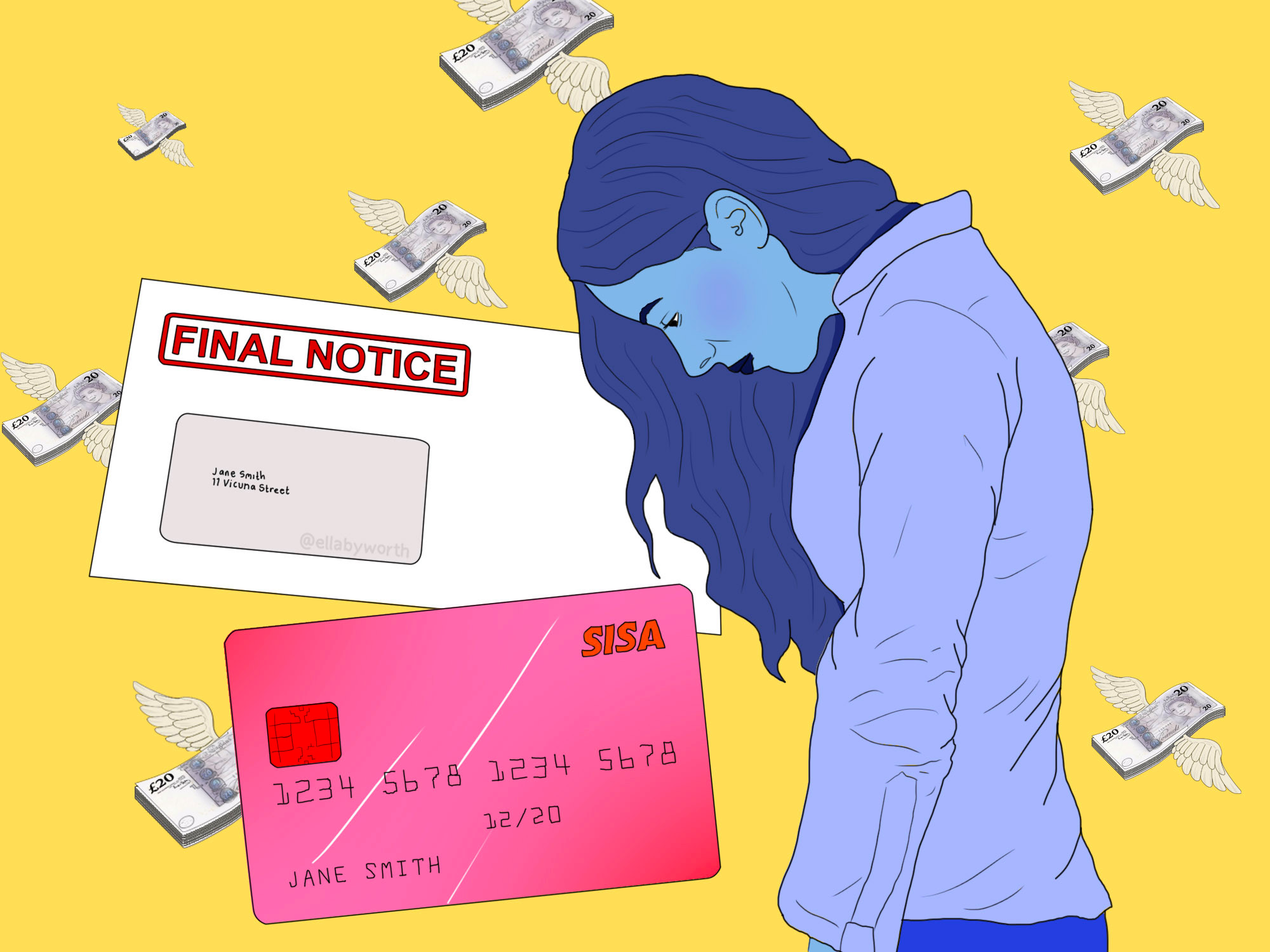A savings account, utilized properly, can be an exceptionally valuable tool. A savings account, especially one with a debit card attached, can be used in ways that both allow for emergencies while also ensuring an individual never lives beyond his or her means. Banking experts like Dan Schatt and others say that these tips can help you get the most value out of a savings account:

Start an Emergency Fund
Emergency funds are often mentioned in personal finance circles but rarely put into practice by individuals who either do not have them or choose to ignore their existence. An emergency fund can be implemented by creating an account with one financial institution and then opening sub-accounts within that institution for every expense you anticipate having throughout the year. For example, if you need $500 for groceries per month, create a sub-account in your bank labeled “Groceries” and transfer $500 to it each month. If you do this, when an emergency arises and you need to purchase groceries for $700 in one month, the difference will come out of your account labeled “Groceries.” In this way, if money is tight, you can live on less than what is available in these accounts without incurring overdraft fees or using a credit card. This is a great way to ensure you never spend more than what you can afford and provides peace of mind for those times when the unexpected happens.
Save Regularly
Regularly saving your money is an excellent habit to develop; even if it’s only $25/week, saving this amount each week will result in $1,300 after one year. That may not seem like much, but that same individual who saved $100 twice per month would end up with $4,200! Those small expenses that we all incur weekly – a cup of coffee here, 25 cent app there – can add up and quickly divert funds away from savings accounts if they are allowed to do so.
Pay Yourself First
A smart way to ensure that savings remain a priority is to pay yourself before paying any other bills. By “paying yourself first,” as Dave Ramsey would say, you’re ensuring that you always have some money on hand for those emergencies and unexpected costs that we all face from time to time. If you make a habit of saving this way, it will become second nature, and your savings account balance will grow over time without you having to think about it.
Utilize Direct Deposit
Direct deposit has been around for decades now but remains the most convenient way of receiving a paycheck. When using direct deposit, avoid the temptation of transferring funds into your checking account – which can easily lead to spending mistakes if not done carefully. Instead, have your paycheck deposited directly into savings. This ensures that money is being put aside for future use without you doing anything extra other than setting this up with your employer.
Save Whenever You Can
These days, it seems like there are opportunities to save your money at every corner. For example, do you go out to eat frequently? Try cooking meals at home instead and using those leftovers for lunch the following day. Is your heating bill excessive? Lowering the temperature on your thermostat or closing off rooms that are not in use can lower that cost substantially throughout the winter months. The point here is simple: whenever possible, find ways to save additional amounts of money wherever possible – even if it means taking advantage of free offers like samples at the grocery store (which can often save you well over $20 in a single visit).








